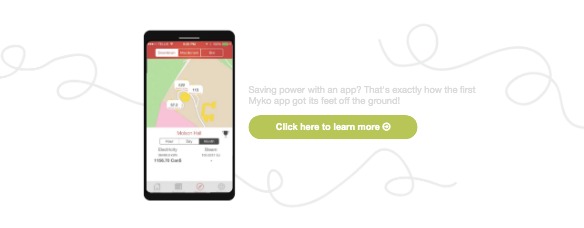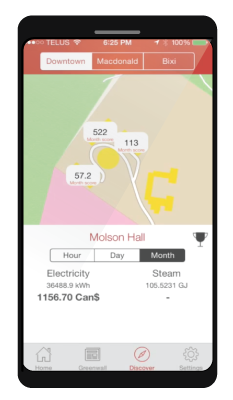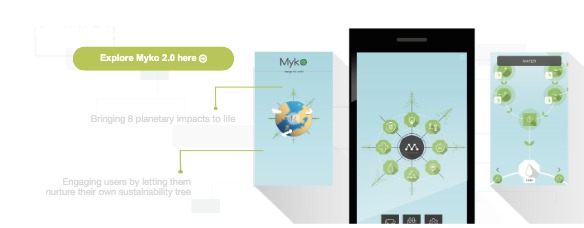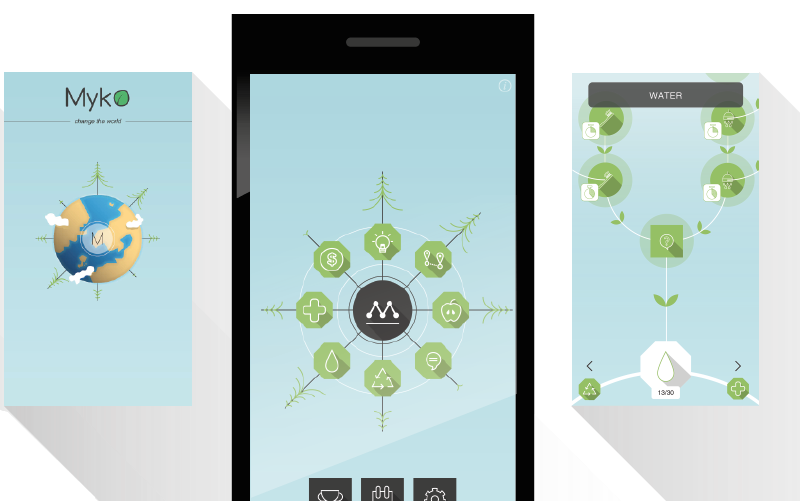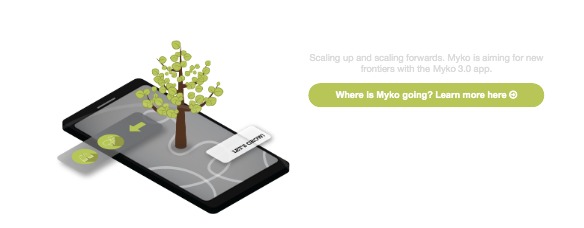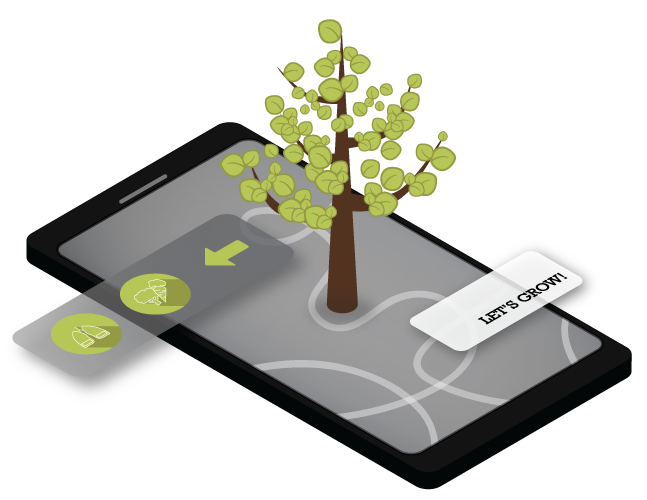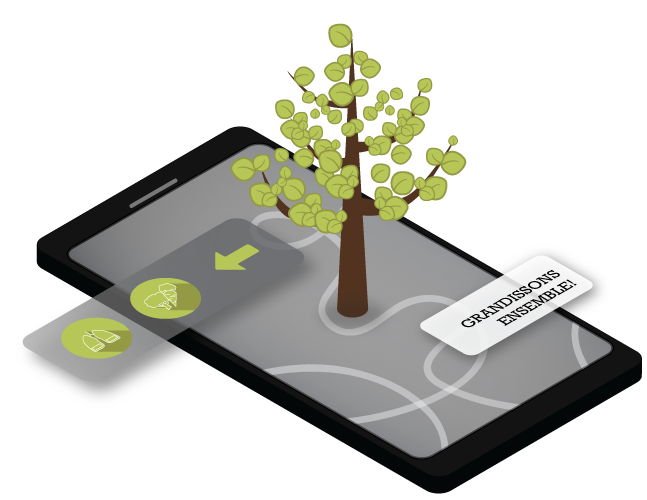How can we get individuals and communities to change their day-to-day choices and significantly reduce their environmental footprint?
This is the question that has preoccupied the Myko team since our first experiment in 2013 and led to the creation of the Myko climate impact platform. One key insight is that people will not change behaviour if they cannot easily see and respond to the impacts they are generating all the time. They also will not change behaviour if they believe it’s futile to do so. They need to connect their own choices to those being made at the same time by others. And they need to know that impact metrics are reliable.
Our approach takes a systemic and integrated view. The Myko climate impact platform brings together independent and vetted scientific data to give users simple and automatic feedback. It is designed to help individuals, communities and businesses track their own impact, make informed decisions and reduce their environmental footprint.
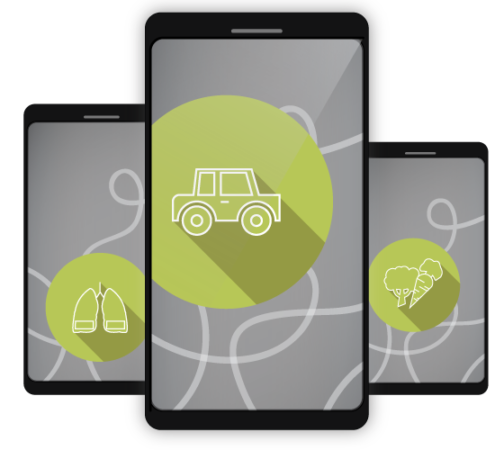
THE MYKO CLIMATE SCORE
Climate impacts are the result of a wide range of social, health and environmental behaviours.
The Myko climate impact scoring system is the result of our ongoing work to understand this interconnectedness and create a simple, transparent impact score. It aggregates scientifically credible inputs from various interrelated sources through an iterative, open and collaborative development process.
Read More At its core, the Myko score is based on the best available life cycle analysis combined with the scientific understanding of planetary boundaries. Myko generates an individual, community or business carbon budget adjusted to geographic location. The result is a simple and transparent impact score that allows users to see their impact against their own carbon budget as well as that of the collective (e.g. a community or business) in near real-time. The Myko team is working with recognized institutions and researchers including the International Reference Centre for the Life Cycle of Products, Processes and Services (CIRAIG) and Cécile Boule to develop a rigorous methodology for the attribution a carbon budget to individual choices as part of the overall scoring mechanism. The Myko climate impact score is based on a methodology that is an internationally recognized standard.
THE MYKO USER INTERFACE
Having a simple credible score is just the first step.
Our team is using the Myko platform to test different feedback mechanisms for interacting with users to provide near real-time measurable and transparent feedback.

Read More This includes a range of behavioural nudges including messaging, visualizations and gamification to make the user experience more compelling and shape user behaviour in a range of contexts principly through our own app or other tracking and feedback mechanisms. For example, Myko participated in design charettes at the invitation of the Canadian team (McGill University and Concordia University) for the Solar Decathlon China 2018 where we contributed to ideas for innovative data visualization technology to create a responsive smart home.
USER ATTRACTION AND RETENTION
Myko recognizes the importance of user attraction and retention. We have been and will continue to test different approaches to building our user base involvement including various marketing, communications approaches and app design elements (e.g. gamification).
SCALABILITY
The Myko climate impact platform began on the campus of McGill University in Montreal but has been designed from the beginning to scale to a wider user community and eventually to the public at large.
Myko is also seeking other mission-aligned partners to extend our platform to other communities and contexts as well as to address other important questions facing the planet.
MYKO has developed 3 app iterations to date.
Explore each version below.
Jusqu’à présent, MYKO a développé 3 applications par processus itératif.
Explorez chaque version ci-dessous.
PLATFORM GOVERNANCE
We considered user data privacy from the start. Myko was born from the law faculty and is part of a university community that is very sensitive to issues of privacy and security. Today, we are designing every new feature with user data privacy in mind.
Read More We are committed to ensuring the highest levels of user privacy and security and data governance principles while complying with McGill and the research council’s requirements. Myko is empowering users to control how and when their data is used by putting into place a governance structure that is accessible and easy to understand so users can contribute to the platform and hold us accountable. Myko users can choose the factors that they want to track and understand the information that we need from them so that they can take informed decisions. Users can withdraw from the platform at any time and be sure that their data eliminated. We will also ensure that collective groups of users are able to decide what factors are allowed by the algorithm.
We commit to being transparent with the user community about the algorithm to ensure that the community accepts the direction the algorithm is going.



